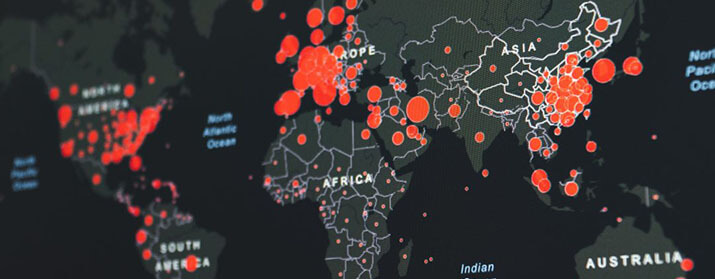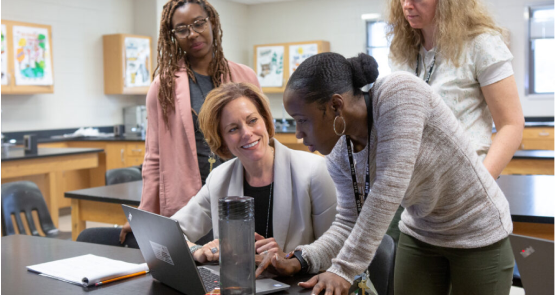
Going Viral: Misinformation and Social Media Made the Pandemic Worse
The COVID-19 pandemic poses a serious threat to the health, economies, and stability of countries worldwide. The nations hardest hit, like Italy, appear to be those that either did not take the coronavirus seriously early on or failed to put proper precautions in place — or both — resulting in a deadly spread of the virus.
Containment is, of course, the best way to prevent a virus from spreading. But containment is not possible unless a government and, in turn, the people it serves are provided with the information needed to make wise — in many cases, life-saving — decisions.
This study shows that there remains a lot of misinformation about COVID-19 circulating online. The research also shows clearly that social media is playing a role, promoting a lot of COVID-19 myths as well as a lackadaisical attitude toward the pandemic in general.
The end result is dangerous for individuals and society, and far more needs to be done to give the public health robust information about the virus and ways to prevent it.
In the spring of 2020, just as the pandemic was taking hold, the Reboot Foundation conducted a survey of the public on its knowledge of COVID-19 as well as its social media use. Reboot also examined social media to track individual posts related to the virus.
Key Findings
- According to our representative survey of more than 1,000 people of various ages across the country, 29 percent, or almost a third, were misinformed on at least one aspect of the virus — and, in many cases, more.
- The more time people spend on social media, the more they believe in COVID-19 myths. This pattern was clear in the survey. An increase in social media use correlated with an increase in people being misinformed about the virus.
- Despite the misinformation on social media on COVID-19, virus-related posts are skyrocketing


